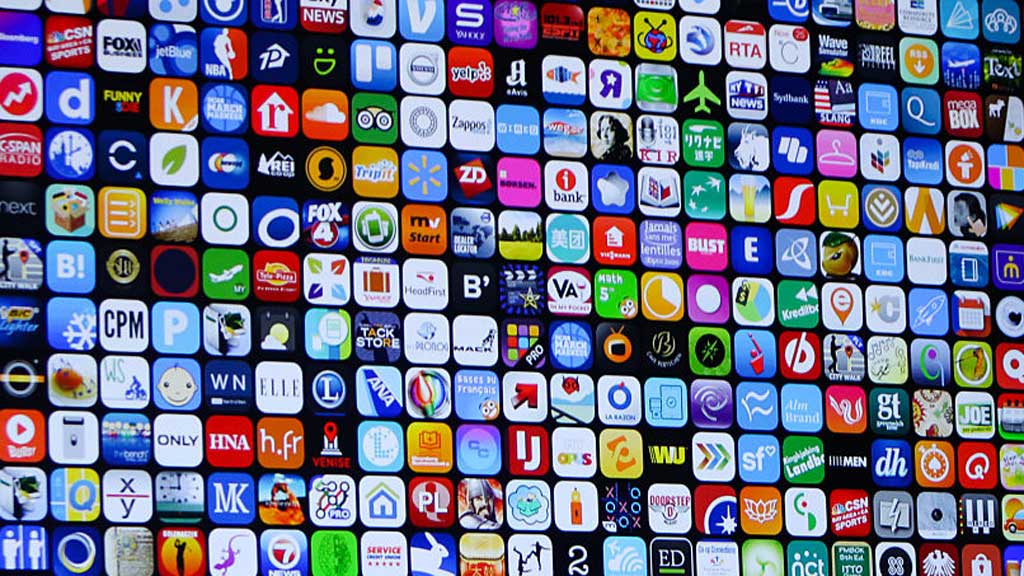This
past week, Intel unveiled their next generation of CPUs (Central Processing
Unit). Codenamed Alder Lake, these chips, responsible for much of your computer’s
work, are a huge leap for the computing industry. Using both high performance
and high-efficiency cores, this is the first x86 processor of its kind and will
go a long way towards improving the efficiency and performance of our
computing, especially in laptops. One other benefit that this new generation of
processors is that it supports DDR5 ram and PCIe gen 5. This standard will help
to increase speed and reliability with the new DDR5 standard even supporting a
form of error checking.
For the past few years, AMD has had a leg up on Intel in most segments of the CPU market. If Intel’s claims about it are to be believed though, this is poised to change that, finally putting them back in competition. This competition is great for consumers because it will drive innovation forward and drive down prices. Hopefully, this will not be affected too much by the ongoing chip shortage so that we can actually get our hands on them. In that case, older processors should get cheaper to buy used which is great for anyone interested in purchasing this hardware.











